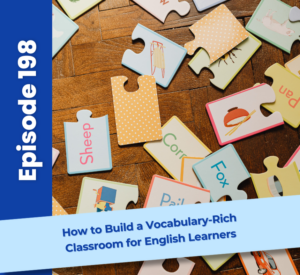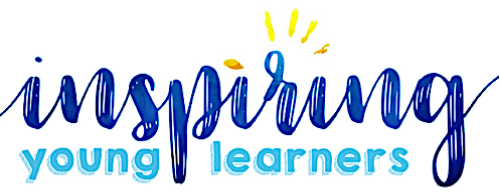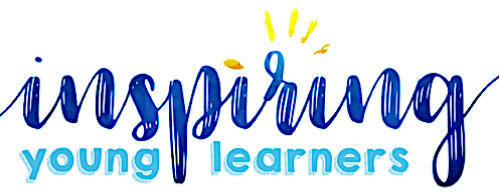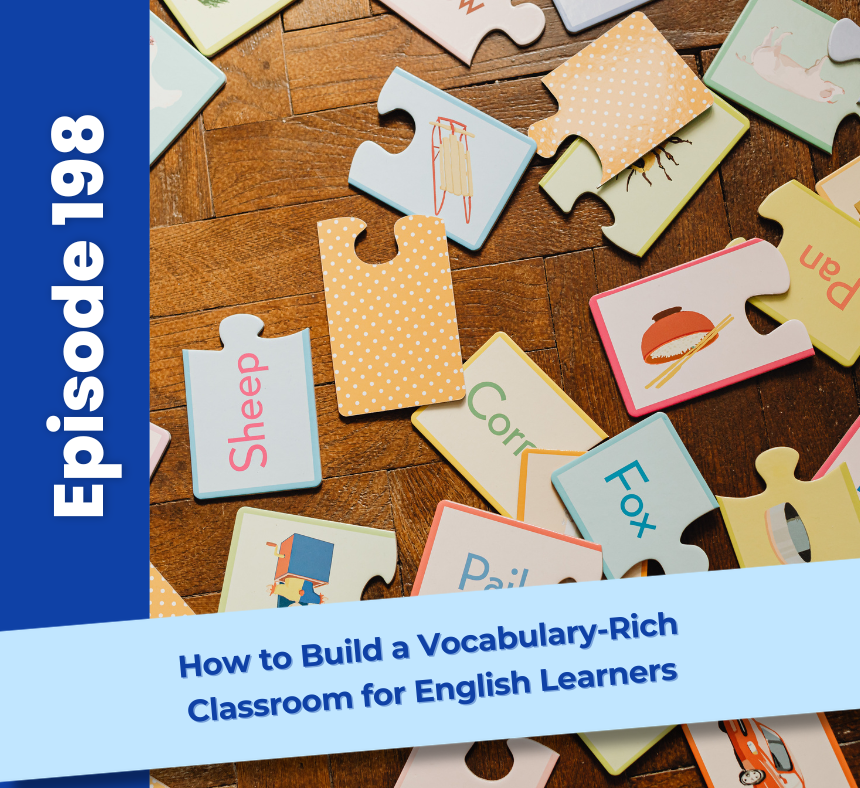
Why Vocabulary Tiers Matter
- Tier 1: Basic, everyday words like run, mom, or hot. These are the building blocks, especially for newcomers.
- Tier 2: Academic words used across subjects, like analyze, predict, or significant. These are essential for academic success and should be the focus of most instruction.
- Tier 3: Domain-specific terms like photosynthesis or quadrilateral that appear in specific content areas.
Five Steps to Plan Vocabulary-Rich Units
- Preview the text or unit and select 6–8 words (ideally Tier 2 and a few Tier 3).
- Identify shades of meaning to adjust vocabulary use based on students’ language levels (e.g., predict, guess, anticipate).
- Check for cognates and cultural connections that can make vocabulary more relatable.
- Create flashcards or anchor charts with visuals, definitions, synonyms, and use cases.
- Post and reuse vocabulary throughout the unit to build repetition, recognition, and application.
Cognitive Load and Why It Matters
Vocabulary in Context Is Key
Connect with Beth:
More about Equipping ELLs:
We all know that teaching isn’t easy, but it doesn’t have to be this hard. Equipping ELLs is a podcast for both ESL specialists and homeroom teachers who are looking for effective and engaging ways to support their English Language Learners without adding to their endless to-do list. Tune in each week to hear tips, strategies, and inspirational stories that will empower you to better reach your ELL students, equip them with life-long skills, and strengthen relationships with colleagues and parents.
Your host, Beth Vaucher, is the founder of Inspiring Young Learners. She is an ESL certified homeroom teacher with over 10 years of experience teaching in the US and internationally. Her background of M.Ed in ESL and Curriculum and Instruction combined with her experience has led her to develop a bestselling newcomer curriculum that has sold in over 90 countries around the globe. She brings a different perspective to teaching ELLs from her years teaching and living abroad and working with ELLs from around the world. You will walk away from each episode with the ideas and tools you need to transform your experience as a teacher and cultivate a thriving and welcoming environment for your ELL students



